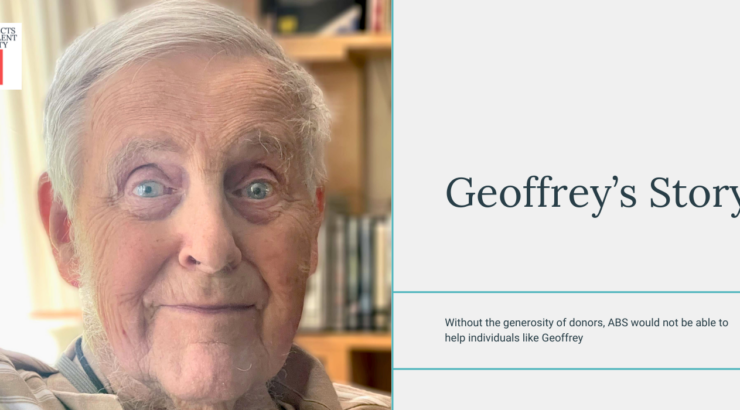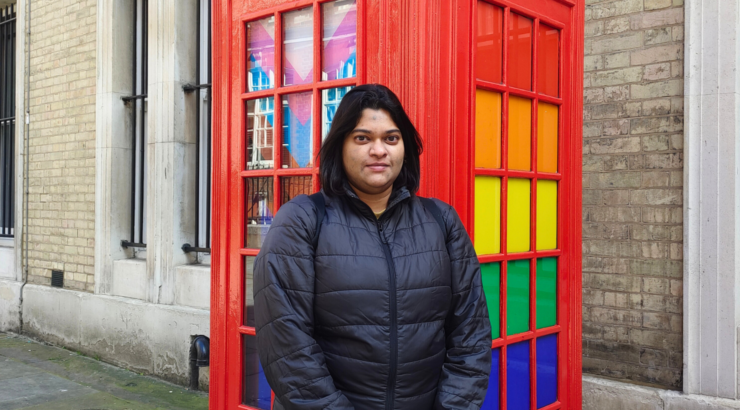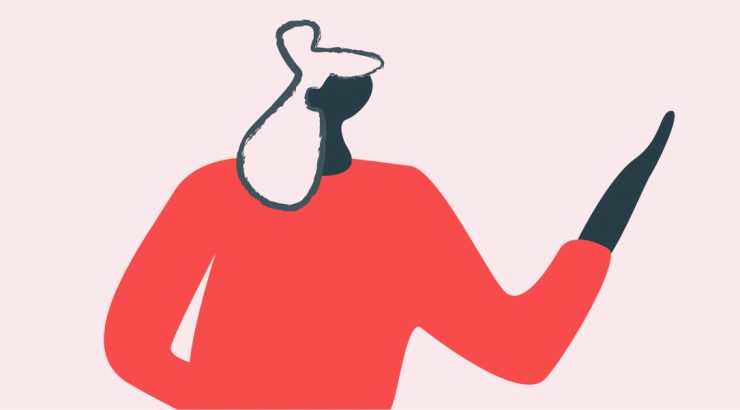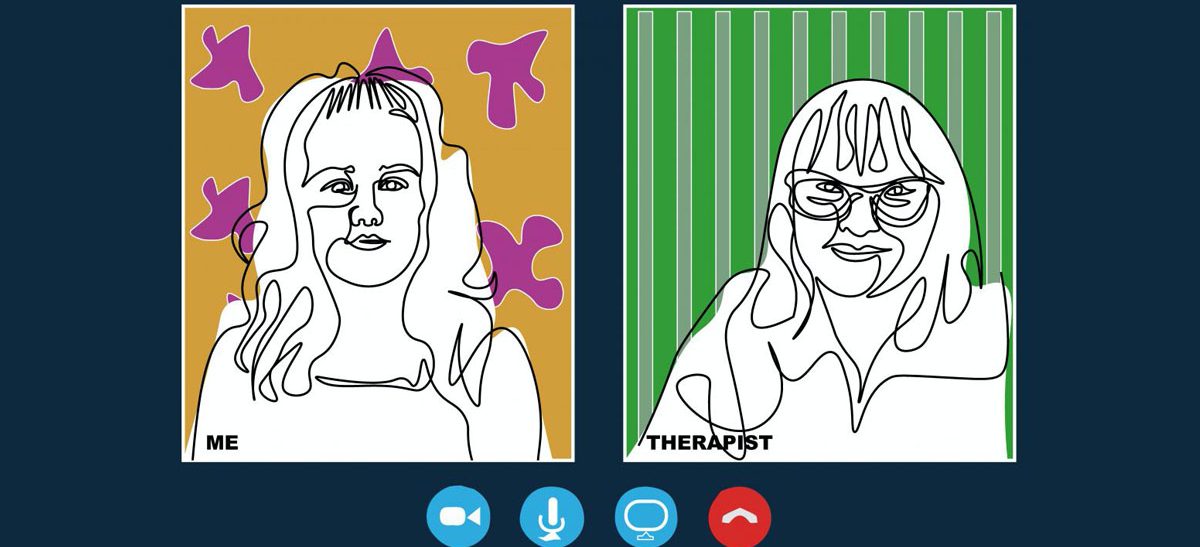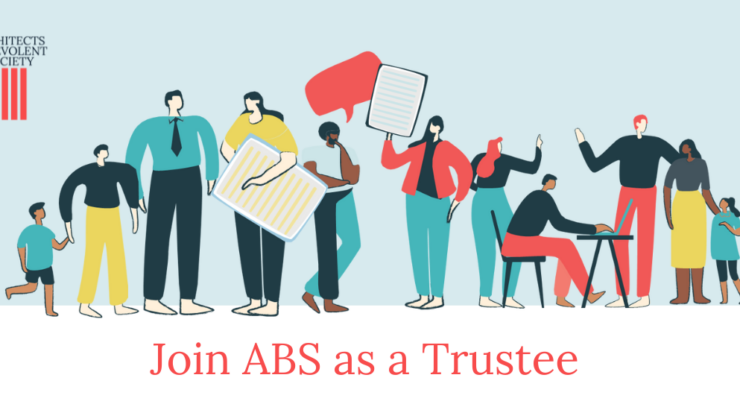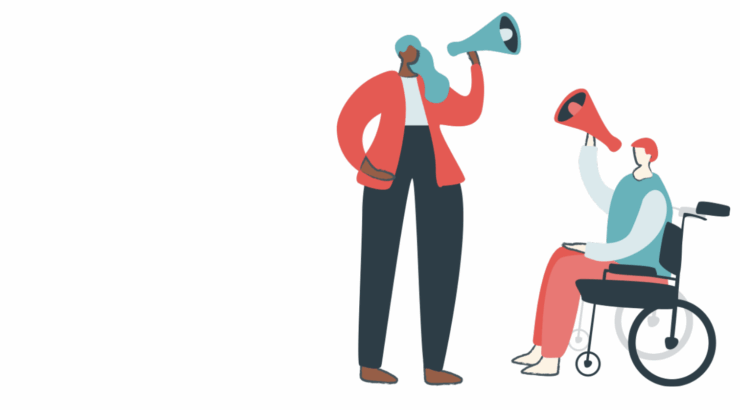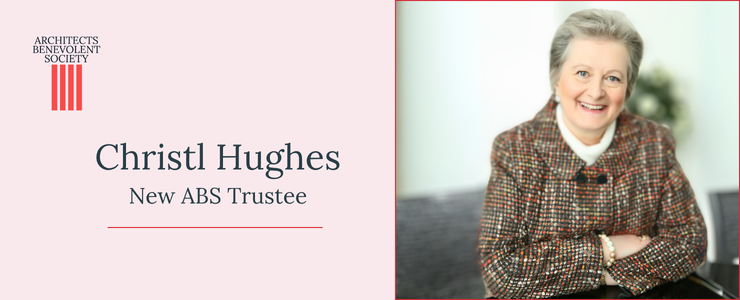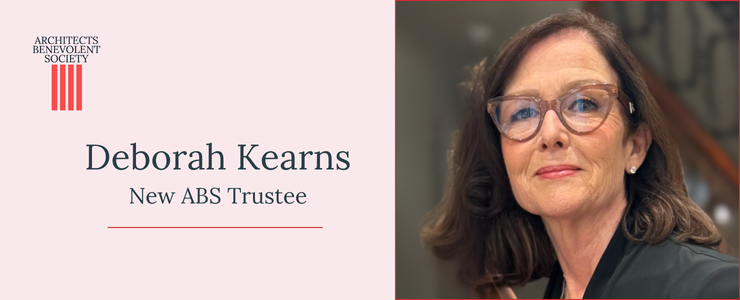ABS ambassador Rosa Turner Wood shares her experience of coping with anxiety and discusses the Cognitive Behavioural Therapy support she received through ABS partner Anxiety UK.
No one has been unburdened by the mental health difficulties that have been aggravated, or provoked, by COVID-19. Notwithstanding the physical repercussions of the virus, COVID-19 has affected everyone, not just those suffering from the virus.
Research conducted by the Institute for Fiscal Studies (IFS) on the first two months of lockdown indicated that, across the UK, mental health had deteriorated by 8.1%, and was disproportionately affecting young adults and women (groups with characteristically lower levels of mental health prior to the outbreak). The reasons for this are manifold: employment insecurity, the impact of the virus on personal income, feelings of loneliness as a consequence of isolation, managing work and household responsibilities, and a host of other difficulties triggered by this exceptional and uncertain time.
When in March of last year I contacted ABS, having had a particularly bleak and anxious week, I was overwhelmed to find that I was not only eligible for mental health support, but the staff on the other end of the line encouraged me by letting me know that I was not alone. Within a week or so I began free Cognitive Behavioural Therapy (CBT), provided by Anxiety UK and financed by ABS. The support delivered by my therapist enabled me to begin unpacking prompts for my anxiety, and crucially equipped me with the vocabulary to explain my feelings and actions to others. The confidence to vocalise my experience of anxiety, particularly the tedious minutiae of it (bizarrely for a period it manifested itself when I waited for and boarded trains) has been liberating. The therapy challenged internalised feelings of inadequacy that I felt for seeking support. A friend of mine summarised this brilliantly when they said, “why wait until you’re at your worst before asking for help?”
Why wait until you’re at your worst before asking for help?
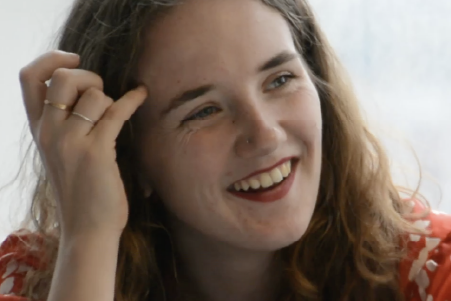
A hop skip and jump to a year later, and as we were entering into lockdown it became apparent that I would be completing my final year of master’s from the confines of my house-share in Sheffield. A lot of the usual measures that I put in place to combat my intermittent anxiety I would now have to abstain from, such as seeing family and friends, going to exercise classes, and – in all honesty – having a pint post-studio at the pub a mile down the road. The pressures of working towards university deadlines whilst also losing the studio culture was inevitably difficult, and as is true of seemingly everyone, I fluctuated between finding lockdown alleviated my anxiety – because I was less inundated with stimuli – but at times it also paradoxically worsened it. However, looking back at this period (thankfully with all submissions now complete) what has become overwhelmingly apparent is that without the help received through ABS I might not have persisted with the same energy. If my anxiety began to intensify, I referred back to my CBT practice. Sometimes this took the form of evaluating a situation, and deciphering why my anxiety had flared up, and sometimes it simply took the form of echoing my therapist and reiterating, “today is just an anxious day” and thereby relinquishing control of something that was beyond my power.
My initial resolve to be an ABS ambassador derived from being immensely impressed with the support that the charity provides; from the provision of mental health support, to ABS’s economic support for practitioners who face job insecurity. As an ambassador I have borne witness to the dedication and labour of individuals working within the charity, whose motivation is to provide wider support within the architecture profession. Ultimately the charity recognises that individuals who warrant support should be offered it, which is why support initiatives such as ABS’s current COVID-19 Emergency Appeal is so important, because the work of the charity is a privilege that is unfortunately not afforded to every profession or person.
With anxiety some days are more manageable than others, even when you have been provided with the tools to deal with it. And so, for now, feeling ‘all right’ is ok.
